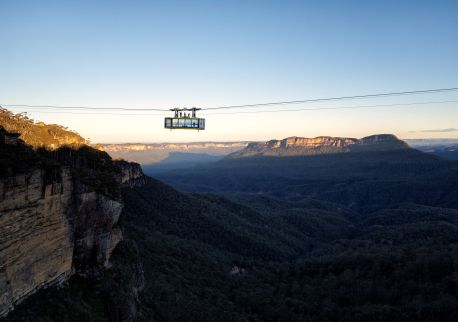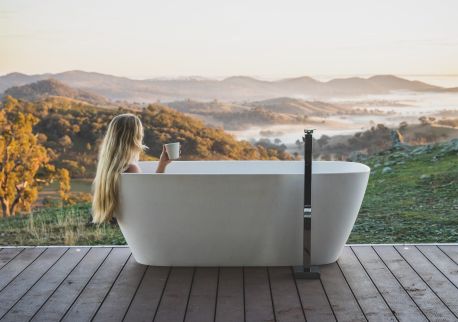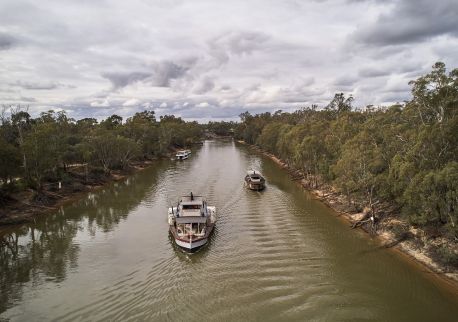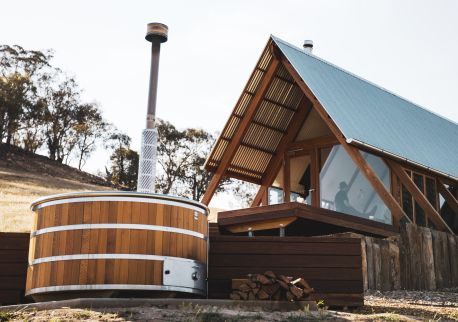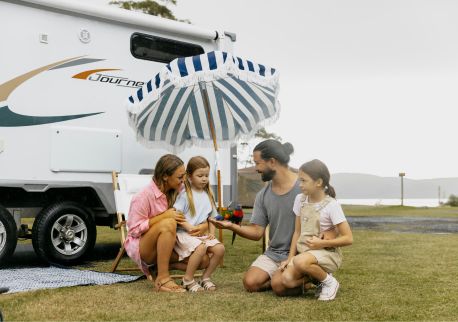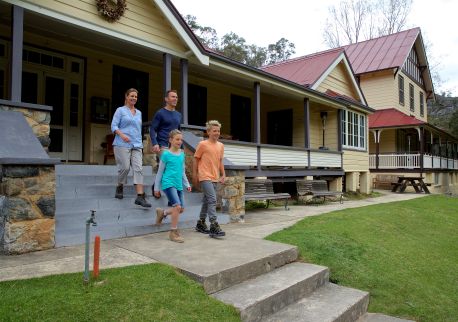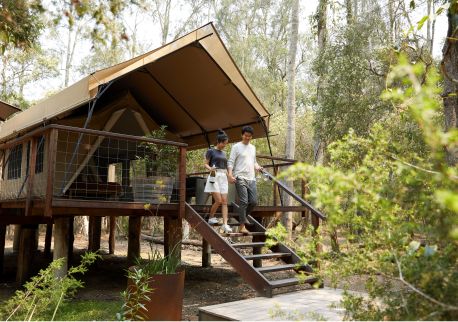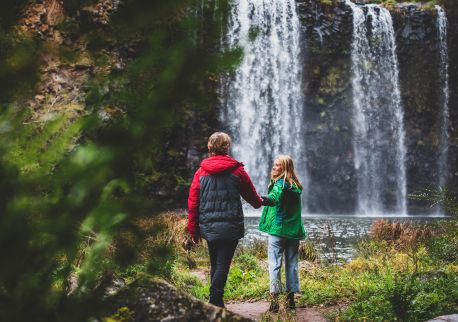The Nyngan Hotel
Highlights
Overview
Once known as Larry Galvin's Commercial Hotel, this historic building has stood the test of time, witnessing the growth and evolution of Nyngan since its beginnings in 1883.
Originally a modest wooden structure, the hotel underwent a transformation into the sturdy brick building that still graces the corner of Nymagee and Dandaloo Streets today. Through the years, it has weathered numerous challenges, from world wars to natural disasters.
Under the proud ownership of the Stanton Family, The Nyngan has recently undergone a significant restoration project, breathing new life into its historic walls while preserving its rich heritage. Now fully licensed and equipped to cater to guests, it offers a welcoming atmosphere, delicious dining options, comfortable accommodation, and beautiful event spaces.
While not a newcomer to the scene, The Nyngan invites locals and visitors alike to rediscover its charms and experience the warmth and hospitality it has to offer. Come and explore the renewed spirit of The Nyngan.

